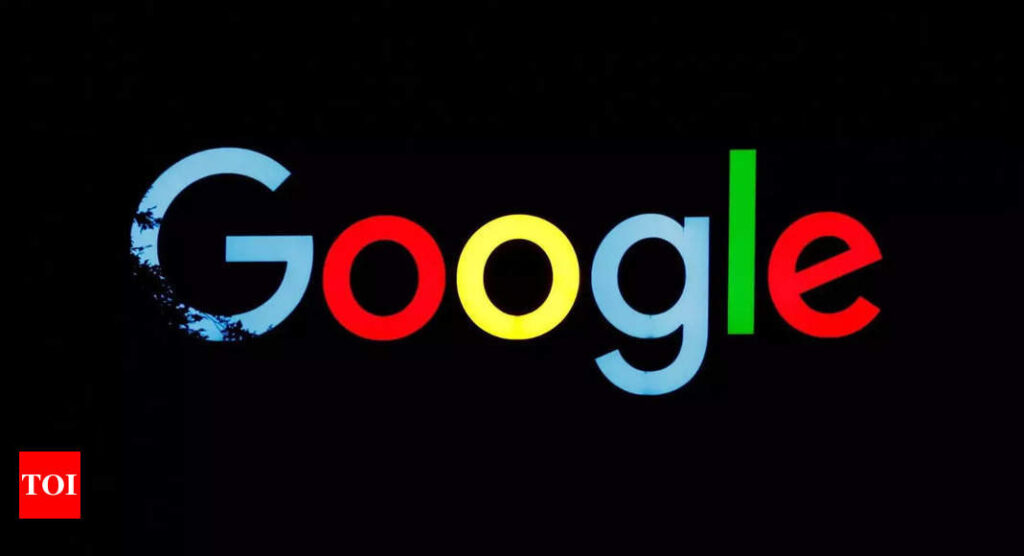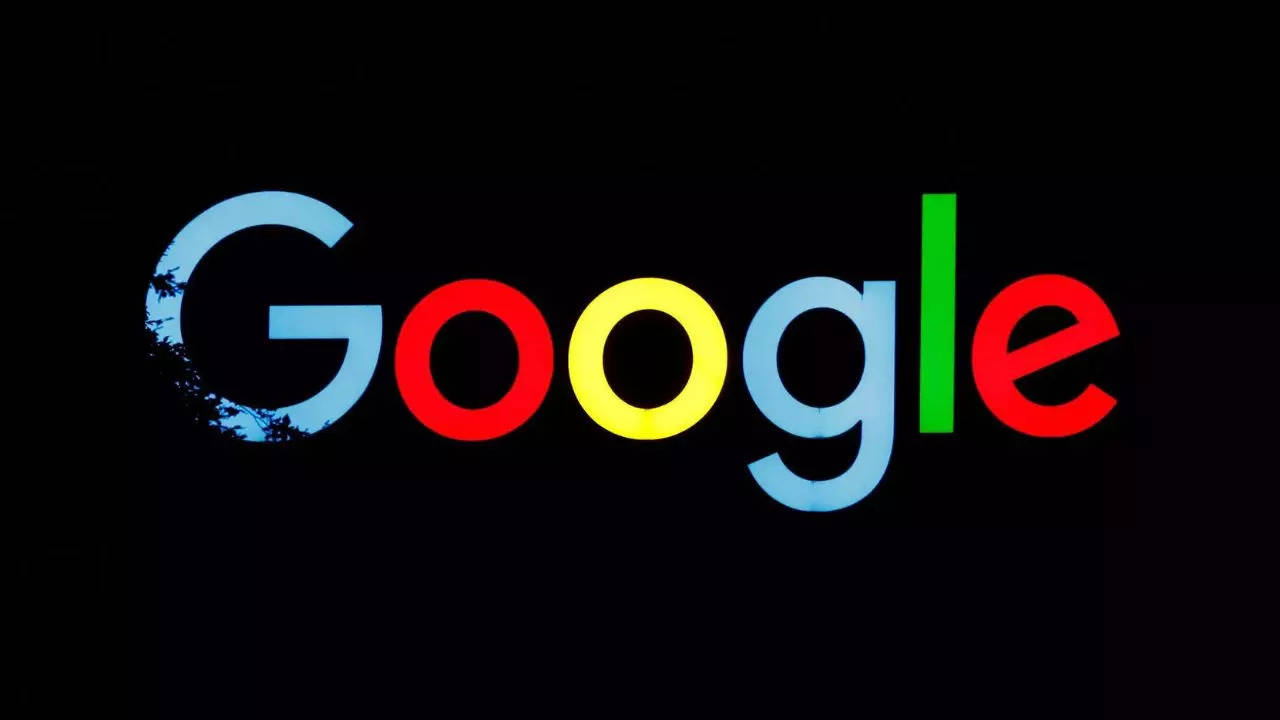[ad_1]
The ongoing antitrust trial over Google’s dominance in the search business saw Eddy Cue, who leads Apple’s services division, testifying in a Washington district court. Cue defended Apple’s decision to set Google Search as the default search engine on Apple products, arguing that there was no “valid alternative.”
The deal between Google and Apple is at the heart of the antitrust case against Google, as it makes Google the default search engine on all Apple devices and pays Apple billions of dollars annually. Cue testified as a witness in the case.
Smartphones sold in the US, like iPhones and Androids, come with Google search pre-installed as the default engine, facilitating about 90 per cent of search queries of all searches on the internet, raising concerns about market dominance and competition limitations.
Cue spills beans over Apple’s and Google’s “net revenue” agreement
During the ongoing antitrust lawsuit, Apple’s senior vice president of services, Eddy Cue, confirmed that Apple and Google have an agreement dating back to 2002 in which they share the “net revenue” generated from Google searches on Apple devices after Google recovers its costs.
The deal began in 2003, with Google’s search engine available on Mac’s Safari browser at no cost. Revenue-sharing was later added, with Apple earning 50 per cent of ad revenue from Safari searches, and then after a decade, the commission was lowered to 40 per cent. Until now, Google has paid Apple $19B annually to make its search engine the default on Apple devices.
When questioned by Justice Department attorney Meagan Bellshaw, Cue stated, “There wasn’t a valid alternative that we could have gone to at the time.”
Cue negotiated the deal with Google in 2016, which is in place till now. During the renegotiation, Apple aimed for a higher percentage of revenue from Google, according to Cue. They eventually agreed on a different number, which remains undisclosed, and Google has been paying that amount since
Justice Department lawyer Meagan Bellshaw asked Eddy Cue if he would have walked away from the Google deal if they could not agree on a revenue share. “I always felt like it was in Google’s best interest, and our best interest, to get a deal done,” said Cue. He also stated that there was no valid alternative to Google at the time and there still isn’t one.
Google’s search engine is the best, argues Cue
During the trial, Cue was shown three iPhone setup process screenshots by Bellshaw. Cue objected to all these things being part of the setup process, but Bellshaw argued that search could be one of the choices offered to users. Cue agreed that the ISA did not permit Apple to offer search engine choices during setup. “We make Google be the default search engine,,” he said, “because we’ve always thought it was the best. We choose the best one and let users easily change it.”
Bellshaw asked Cue how Apple determined that Google had the best product. Cue affirmed the importance of user privacy and acknowledged Apple’s criticism of Google’s privacy policies. A provision of the ISA with Google was that users could search without logging in. Apple has taken steps to make it harder for Google or anyone else to track users, seemingly referring to the App Tracking Transparency.
Google and Safari – a match made in heaven?
Google lawyer John Schmidtlein and Eddy Cue discussed the Google-Apple partnership and Safari’s history. Cue praised Safari’s integration with Google and its innovative user interface, which combined the URL and search bar. Schmidtlein agreed that Google’s success in Safari was due to its superior product integrated seamlessly with Apple’s offerings.
Before Cue’s public testimony, Apple’s AI head John Giannandrea, was called in the court, though his testimony was partly done behind closed doors following protests from transparency activists.
The deal between Google and Apple is at the heart of the antitrust case against Google, as it makes Google the default search engine on all Apple devices and pays Apple billions of dollars annually. Cue testified as a witness in the case.
Smartphones sold in the US, like iPhones and Androids, come with Google search pre-installed as the default engine, facilitating about 90 per cent of search queries of all searches on the internet, raising concerns about market dominance and competition limitations.
Cue spills beans over Apple’s and Google’s “net revenue” agreement
During the ongoing antitrust lawsuit, Apple’s senior vice president of services, Eddy Cue, confirmed that Apple and Google have an agreement dating back to 2002 in which they share the “net revenue” generated from Google searches on Apple devices after Google recovers its costs.
The deal began in 2003, with Google’s search engine available on Mac’s Safari browser at no cost. Revenue-sharing was later added, with Apple earning 50 per cent of ad revenue from Safari searches, and then after a decade, the commission was lowered to 40 per cent. Until now, Google has paid Apple $19B annually to make its search engine the default on Apple devices.
When questioned by Justice Department attorney Meagan Bellshaw, Cue stated, “There wasn’t a valid alternative that we could have gone to at the time.”
Cue negotiated the deal with Google in 2016, which is in place till now. During the renegotiation, Apple aimed for a higher percentage of revenue from Google, according to Cue. They eventually agreed on a different number, which remains undisclosed, and Google has been paying that amount since
Justice Department lawyer Meagan Bellshaw asked Eddy Cue if he would have walked away from the Google deal if they could not agree on a revenue share. “I always felt like it was in Google’s best interest, and our best interest, to get a deal done,” said Cue. He also stated that there was no valid alternative to Google at the time and there still isn’t one.
Google’s search engine is the best, argues Cue
During the trial, Cue was shown three iPhone setup process screenshots by Bellshaw. Cue objected to all these things being part of the setup process, but Bellshaw argued that search could be one of the choices offered to users. Cue agreed that the ISA did not permit Apple to offer search engine choices during setup. “We make Google be the default search engine,,” he said, “because we’ve always thought it was the best. We choose the best one and let users easily change it.”
Bellshaw asked Cue how Apple determined that Google had the best product. Cue affirmed the importance of user privacy and acknowledged Apple’s criticism of Google’s privacy policies. A provision of the ISA with Google was that users could search without logging in. Apple has taken steps to make it harder for Google or anyone else to track users, seemingly referring to the App Tracking Transparency.
Google and Safari – a match made in heaven?
Google lawyer John Schmidtlein and Eddy Cue discussed the Google-Apple partnership and Safari’s history. Cue praised Safari’s integration with Google and its innovative user interface, which combined the URL and search bar. Schmidtlein agreed that Google’s success in Safari was due to its superior product integrated seamlessly with Apple’s offerings.
Before Cue’s public testimony, Apple’s AI head John Giannandrea, was called in the court, though his testimony was partly done behind closed doors following protests from transparency activists.
[ad_2]
Source link











More Stories
Google Maps: Three privacy features coming to Google Maps on Android, iPhones
Most-Downloaded IPhone App: This Chinese app was the most-downloaded iPhone app in the US in 2023
Ukraine’s largest mobile operator goes offline for millions of users after cyber attack